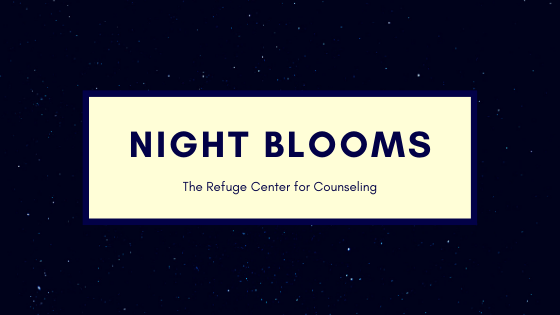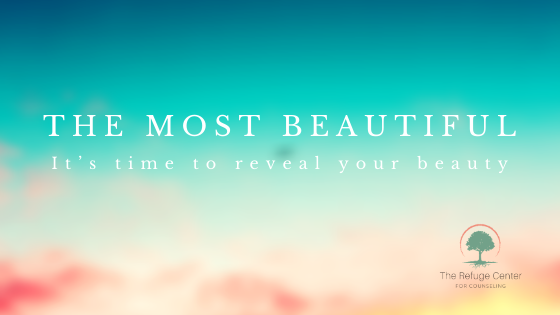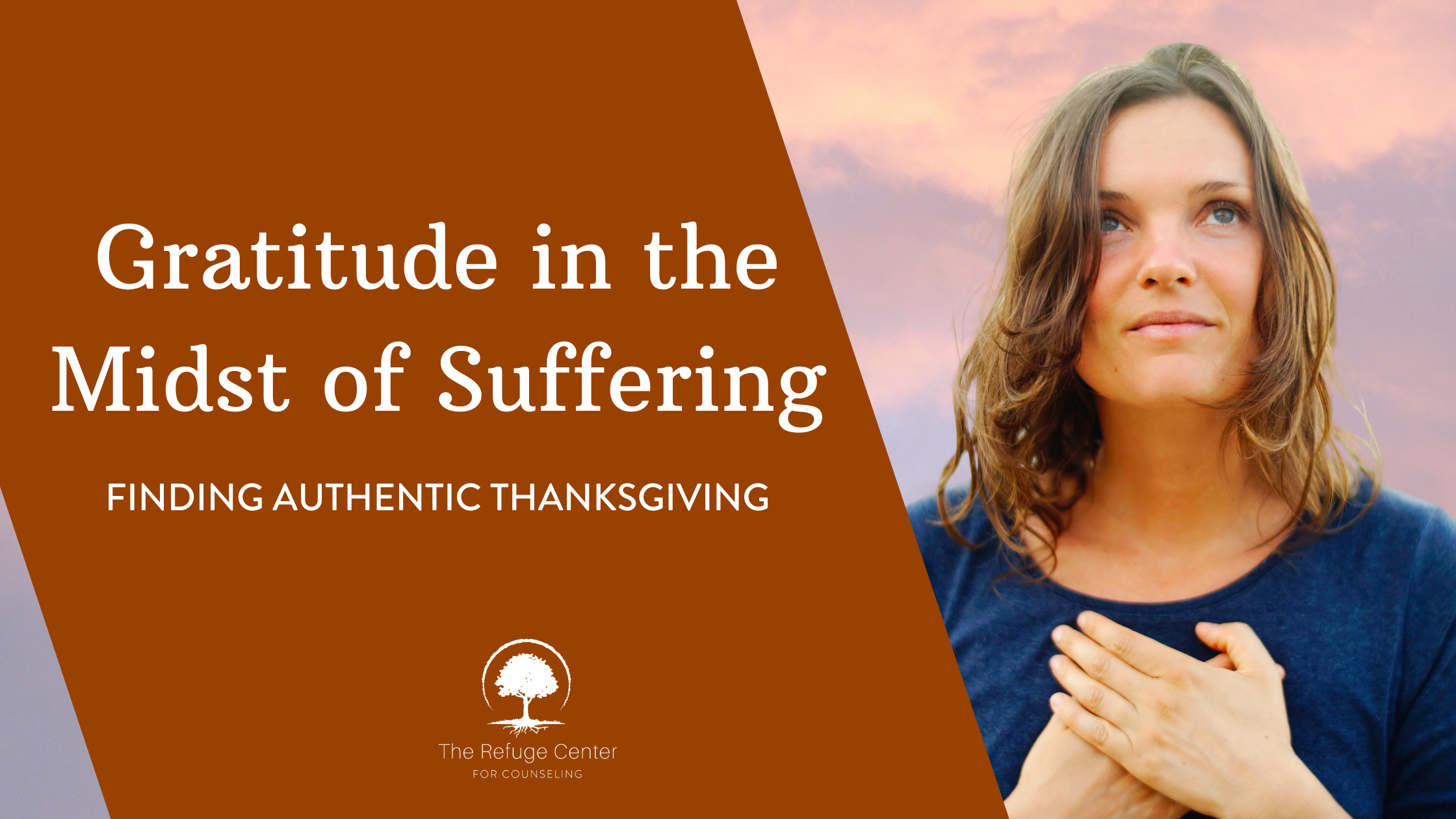Last week I wrote on the topic of lament and its place in living a fulfilling life and processing emotion. The second element I have come to find essential to this is beauty. When I first began to consider going back to school to study mental health counseling, one of the greatest obstacles I faced was the fear, “what if sometimes we do more harm when we keep focusing and reliving trauma.” Then I read a book, The Beauty of Ethics by Dr. Timothy Patitsis. In the book he emphasizes the importance of finding beauty in our lives before we can handle trauma. Patitsis suggests that encountering beauty—whether through nature, art, or human connection—can provide solace and comfort for those dealing with trauma. This beauty acts as a reminder of hope and possibility. One of my favorite quotes from his book is, “Creation results from God’s self-emptying over the face of non-being. God appears, He shines out as Beauty. This Beauty is so compelling that not even non-being can resist falling in love with it. Overcome with eros, non-being renounces itself, repents of its chaos and self-absorption, and arises into being. As it does so, it ‘learns’ to behave as the One it loves behaves-full of self-emptying Goodness for everything around. (Patitsas, 2019, p. 78).
The very existence of beauty in the world is what brought life. However, in today’s fast-paced world, the importance of beauty often gets overshadowed by our daily struggles and the relentless pursuit of success. And we may forget this beauty that brings life, wholeness, and fulfillment. When viewed through a spiritual lens, beauty can play a profound role in enhancing mental health and overall well-being. Beauty transcends mere appearances. It encompasses the natural world, art, relationships, and the essence of our experiences. From a spiritual perspective, beauty reflects the divine, it is a manifestation of harmony, and a reminder of the interconnectedness of all things.
There are several ways beauty impacts mental health. Beauty enhances mood and reduces stress. Exposure to beauty whether through nature, art, or experiences has been shown to elevate mood and reduce stress. The visual and emotional impact of beauty can trigger the release of dopamine, contributing to a more positive outlook on life. Sharing beautiful experiences with others fosters connection and community. In a world filled with idealized images, embracing the beauty in ourselves and others is vital. Recognizing our unique beauty helps cultivate self-acceptance and love. This self- affirmation is crucial for mental well-being, allowing us to combat negative self-talk and insecurities.
So how can I cultivate beauty in my daily life? One way is to create beauty in spaces. This can be through art, plants, photographs, or meaningful objects. These spaces can serve as places to rest and find peace and comfort. Another way is to spend time in nature. Nature has a calming effect on the mind and is often awe inspiring. Finally, you can practice gratitude for the beautiful things in life. This can include sunrises and sunsets, a wonderful friend, a wonderful cup of coffee, a cool breeze on your face. There are so many little beautiful things to experience in each day.
Beauty is a pathway to deeper understanding, connection, and healing. By recognizing and cultivating beauty in our lives, we can foster a healthier mindset, nurture our souls, and ultimately find greater joy and peace. Embrace the beauty around you, and let it uplift your spirit and enhance your mental well-being.
References:
Patisas, Timothy (2019). The Ethics of Beauty. St. Nicholas Press.




